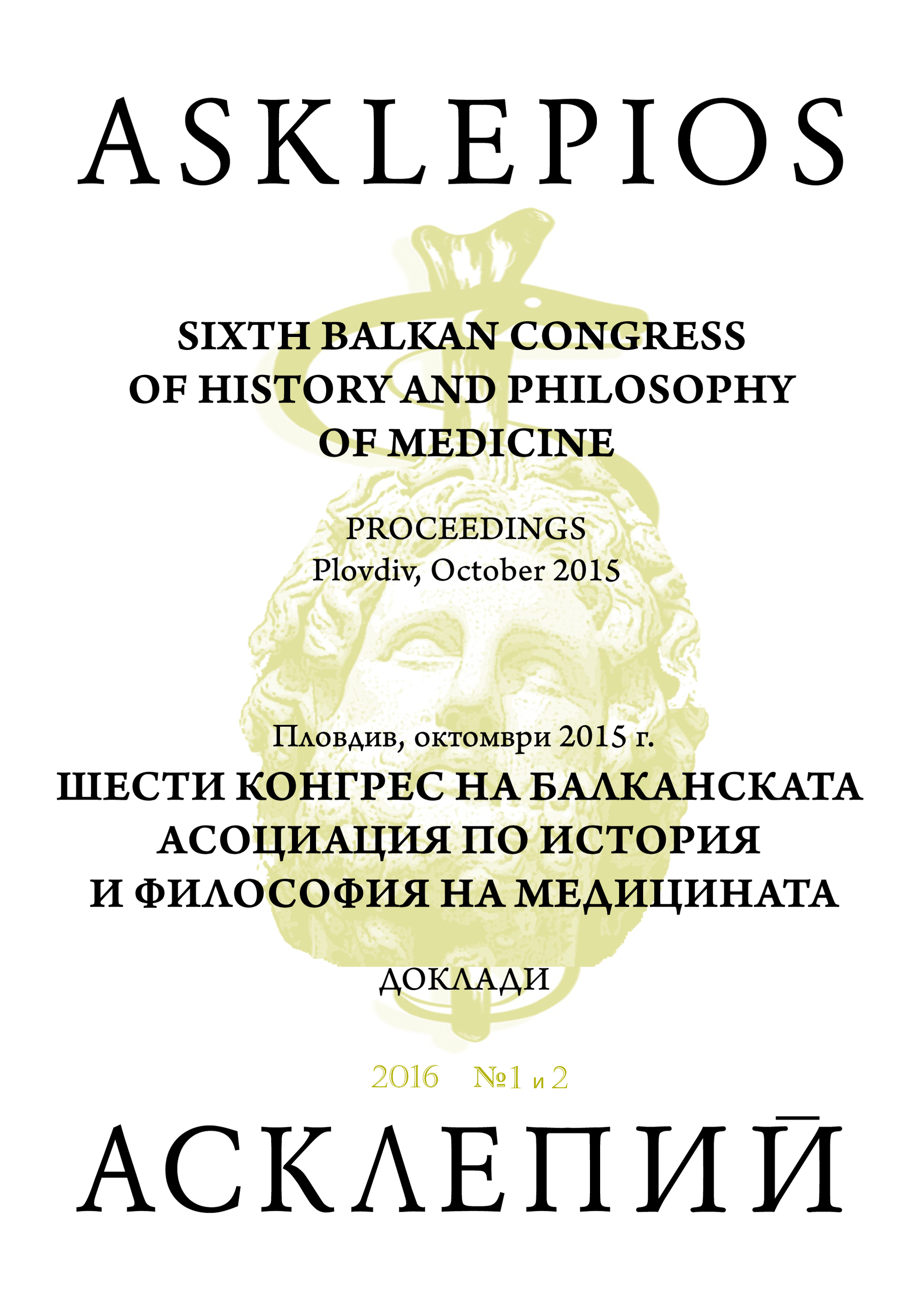Политики и практики за работа с деца от домовете за медико-социални грижи по пътя на деинституционализацията
Policies and Practices for Work with Children from Homes for Medical-Social Care on the Way of Deinstitutionalization
Author(s): Ekaterina MitovaSubject(s): Social Sciences, Psychology, Sociology, Social differentiation, Health and medicine and law
Published by: Балканска асоциация по история и философия на медицината (БАИФМ)
Summary/Abstract: The Bulgarian government striving to support the Bulgarian children ratified the Convention on the rights of the child in 1991 and adopted the Law on Protection of the child ten years later in May 2000. The Law on Protection of the child states that children’s rights are basic human rights and it sets the balance between the legitimate intervention of the State in the family relationships and respects the right of private and family life. Is this the truth? How well are Bulgarian children protected? What do we do for ‘our’ children’s wellbeing? The statistics concerning those who live in institutions in Europe as a whole, and in Bulgaria in particular, is not in favour of the concept of respecting the rights of all human beings. In the past it was widely accepted that the institutions provided the best possible cares for children at risk, children with disabilities, abandoned children, and adults. It was due to the state policies that relied on the assumption that the state is capable of being fully in charge of the groups that needed cares. The institutions involved in child care appear to be a problem for the European community, as well as the Bulgarian one, in particular. A number of surveys prove the negative effect of the institutions on the child’s life and their physical, psychic, intellectual and emotional development. The scientific contribution combined with the data obtained from practice present the institutionalization as a bad policy and violation of human rights. Because of the listed reasons, the issue of putting into practice the deinstitutionalization regarding the children accommodated in homes for institutionalized care has become a topical one. To respect their human rights and to achieve a better life quality these children need cares and support that differ significantly from those provided in the institutions. The state policies as well as the efforts of the community should be aimed at offering an alternative type of care which will be highly beneficial to the child. One of these homes that follows this direction of reducing the number of children living in it is the one in the town of Blagoevgrad. We have set the goal to trace the process of deinstitutionalization of children from the age of 0 – 3 years who are brought up at the Home for medical-social cares for children and meanwhile to make a parallel in the development of the medical-social services for children aged 0 – 3 on the way of deinstitutionalization.
Journal: Асклепий. Международно списание по история и философия на медицината
- Issue Year: XI/2016
- Issue No: 01+02
- Page Range: 250-258
- Page Count: 9
- Language: Bulgarian
- Content File-PDF

